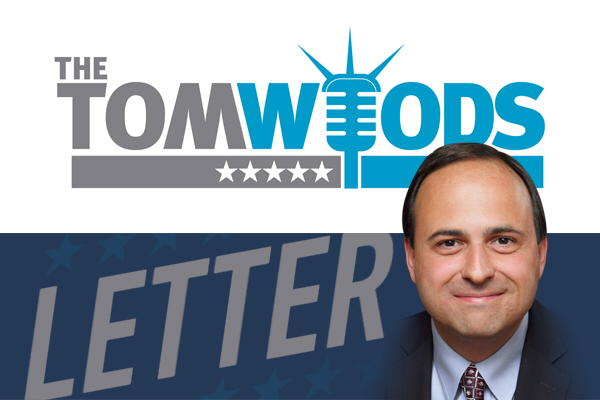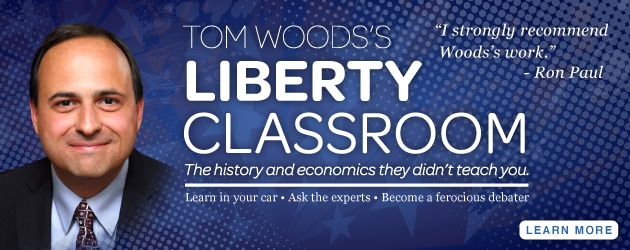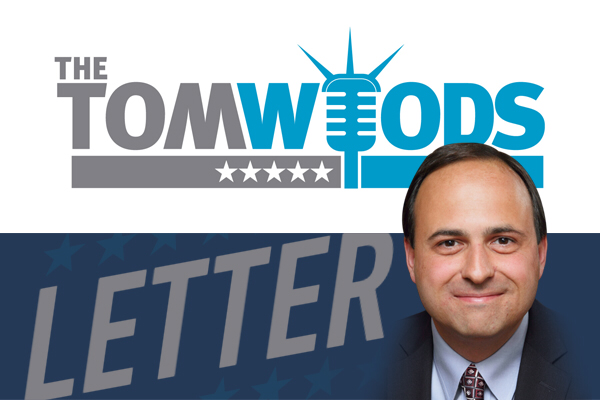|
Well, here's some news:
According to Jeff Weaver, 2016 campaign manager for Bernie Sanders, the Vermont senator "is considering another run for the presidency." The silver lining of that: it's a potential "teaching moment." The entirety of Bernie's political philosophy, if we can call it that, is: "We want X; therefore, the state should violently distribute X." And if you oppose this juvenile ideology, you "hate the poor." Even though every last thing Bernie favors would make the poor less employable and give them fewer options. I actually put together a full-length refutation of Bernieism, a book called Bernie Sanders Is Wrong. Here's the table of contents: PART I: Should the U.S. Model Itself After Scandinavia? Chapter 1 No, Sweden Is Not a Model to Emulate Chapter 2 The Truth About Denmark, the “World’s Happiest Country” PART II: Should the Government Spend Money on Alternative Energy? Chapter 3 Wind and Solar Power? Don’t Make Me Laugh Chapter 4 The Moral Case for Fossil Fuels PART III: Is a $15 Minimum Wage a Good Idea? Chapter 5 High Minimum Wages Hurt the Vulnerable the Most Chapter 6 Robert Reich Is Just as Wrong as Bernie Sanders PART IV: Would More Government Intervention Improve the Economy? Chapter 7 Is “Capitalism” the Problem with American Health Care? Chapter 8 Should Employers Be Required to Offer More Fringe Benefits? Chapter 9 Is There a Gender Pay Gap We Need to Close? Chapter 10 Is “Inequality” an Important Problem? Chapter 11 Does Free Trade Harm American Workers? Chapter 12 What’s Wrong with the Overall Sanders Approach? It's free. In fact, here it is: http://tomwoods.com/d/bernie.pdf Enjoy! - Tom Woods
0 Comments
Connecticut just became the tenth blue state to pledge to cast its electoral votes for whichever presidential candidate wins the popular vote nationally.
Why? Because according to the measure's proponents, the electoral college -- along with everything else that's more than 10 minutes old -- is backward and stupid. Here's one more step toward making the United States into a giant, undifferentiated blob, as opposed to the collection of distinct societies it was originally intended to be. The Constitution refers to the United States in the plural every time, and the way the Constitution and the Union were originally understood, the "popular vote" was an irrelevancy. During the World Series, for example, we don’t add up the total number of runs scored by each team over the course of the series, and decide who won on that basis. We count up how many games each team won. Thus:Game 1: Red Sox 10, Mets 0 Game 2: Red Sox 15, Mets 1 Game 3: Red Sox 5, Mets 2 Game 4: Red Sox 1, Mets 2 Game 5: Red Sox 0, Mets 1 Game 6: Red Sox 2, Mets 3 Game 7: Red Sox 3, Mets 4 In this imaginary series the Red Sox scored 36 runs while the Mets scored only 13, yet everyone would acknowledge that the Mets won the series. Not a single sports fan would be running around demanding that we count the total number of runs instead, or insisting that the way we determine the World Series winner is sinister. But I think this is the correct analogy with the electoral college. How many games — e.g., how many political societies, albeit weighted to some degree by population — did you win? Also, the electoral college puts an upper bound on how much support you can earn from any one state. Even if your whole campaign is geared toward taxing the rest of the country and handing the money to California, you still can’t get more than 55 electoral votes from that state. So to some extent, the electoral college forces the candidate to run a national race more than would be necessary otherwise. A group called National Popular Vote, which seeks to abolish the electoral college, claims that "presidential candidates have no reason to pay attention to the issues of concern to voters in states where the statewide outcome is a foregone conclusion." But this problem becomes much worse without the electoral college. If there is no limit to the support I can get from California and New York, then I'll campaign in those states like a madman. At least the electoral college puts something of a brake on this kind of strategy. A brief note about Trump's defeat in the popular vote: had the election been decided on the basis of the popular vote, Trump would have campaigned differently in the first place. Also, more people in, say, California would have bothered to vote for him. So we can’t know that he would have lost the popular vote had those been the rules. What we do know is that every step toward making the U.S. into a giant blob instead of a decentralized collection of societies is a step toward more centralized, bureaucratic management of society, and away from liberty. We're not taught to think this way in school, of course. You know where you do learn this stuff? http://www.LibertyClassroom.com Tom Woods |
Search the
libertyLOL Archives: Archives
December 2020
Search and Shop on Amazon.com!
Tom Wood's Liberty Classroom"Get the equivalent of a Ph.D. in libertarian thought and free-market economics online for just 24 cents a day...."
At Liberty Classroom, you can learn real U.S. history, Western civilization, and free-market economics from professors you can trust. Short on time? No problem. You can learn in your car. Find out more! |





